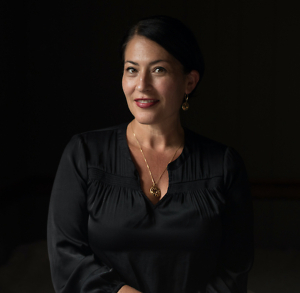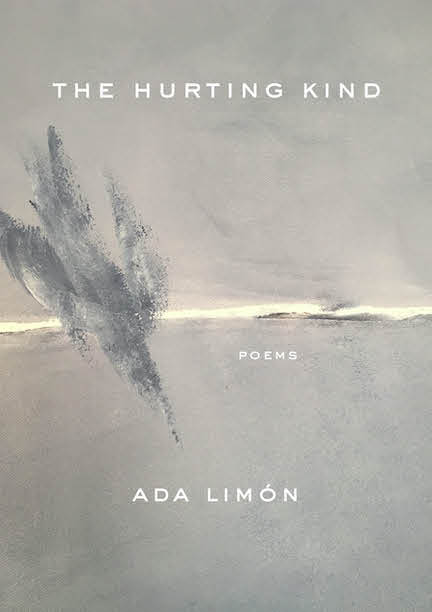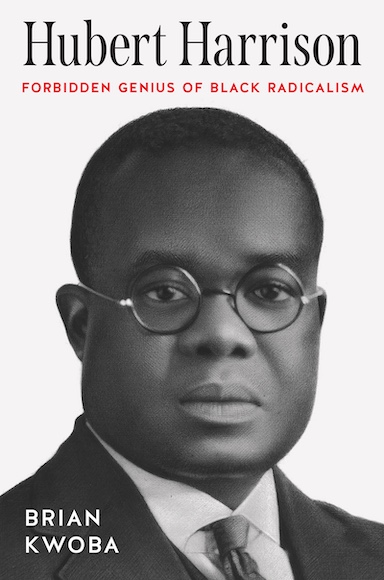Intertwining Personal and National Histories
Michael Knight’s third novel seeks to make the comic campus story into something deeper
Knoxville writer Michael Knight has set fiction in his native Alabama and even post-WWII Japan, but with At Briarwood School for Girls, he goes back to Virginia, where he spent several years earning his M.F.A. at the University of Virginia. The novel follows three characters: Lenore, a young student who is coping with being newly pregnant; Mr. Bishop, an aimless history teacher; and Coach Fink, a former student at Briarwood. Coach Fink has been drafted into directing the school play, a Pulitzer Prize-winning drama written by another Briarwood alumna that casts the school in an unflattering light. Add a possible haunting and the real-life backdrop of Disney trying to build an American history theme park in the tony horse country of mid-90s Virginia, and Knight has given us an insightful, humorous, and humane look at the intersection of the political and the personal.

What follows is an edited excerpt from an interview conducted for WYPL-FM’s Book Talk program. (Access the full podcast of the interview below.)
Chapter 16: Michael, you opened up the story proper with the sentence, “All boarding schools are haunted.” Is that something that you’ve heard over the years, or did you create it from whole cloth?
Michael Knight: You know, one of the things that was interesting about writing a boarding school novel was investigating the ways in which different boarding schools are defined by their traditions. And one of the things that I found looking into various schools, and not just boarding schools, but prep schools and single-gender colleges around the country, is that they almost all seem to have some kind of campus legend about some kind of ghost. Almost always tragic, and why wouldn’t it be tragic? It wouldn’t be interesting if it wasn’t tragic.
In this case, given the relationship — that word “haunting” — it is both potentially literal in the case of this book and also sort of figurative in the sense that this region is haunted by its history, and the book tries in its way to investigate ideas about history and what we can know about history. It seemed a fitting place to begin both — interesting in terms of maybe there’s a ghost at this school and also getting, starting to go ahead and talk about some of the bigger themes in the novel.
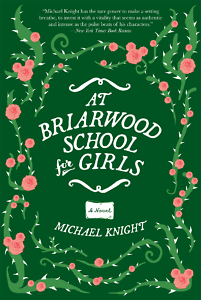 Chapter 16: So why did this economic struggle from 25 years ago, with Disney trying to build a historical theme park in Virginia, catch your eye as something that you wanted to investigate?
Chapter 16: So why did this economic struggle from 25 years ago, with Disney trying to build a historical theme park in Virginia, catch your eye as something that you wanted to investigate?
Michael Knight: The early drafts of that book were set on a college campus. I had in mind that I would write a kind of academic comedy with some bungling faculty, but the drafts of that version were, on a good day, mildly amusing and almost entirely without substance. I was having a conversation with an old friend, and he referenced the Disney America project. It conjured up for me all these memories, and it suddenly seemed like a way to take my sort of vision of an academic comedy and give me a window into some bigger picture themes like history and what that means — like authenticity and what our true self is, if it isn’t the one we’re performing for the world or some other self, even notions about happiness. I mean, back in the 90s Disney was still referring to itself as “the happiest place on earth.”
Chapter 16: You do quote from the fictional play, The Phantom of Thornton Hall. How much of the play did you conceive? Did you have the major beats of the play and then wrote the quotes as you needed them?
Michael Knight: Well, more than is in the novel. I didn’t write the whole play, but in early drafts there were longer excerpts. I sent those early drafts out to some friends and to my agent, and they were quick to say, “Listen, we really like your fiction, but this does not read like a Pulitzer Prize-winning play.” There were enough decent lines that reflected some of the action in the story and connected with some of these themes that I was able to leave some scenes in and excerpt some of the dialogue from the play.
I keep coming back to this idea of history repeating itself, but you know, the play is another example of that. It’s not only written by a Briarwood alum, but it is about a young woman who was visited by a ghost, very much like the ghost of Elizabeth Archer. So even as Lenore is trying to contact Elizabeth Archer, she’s acting in a play about a young woman who is pregnant, being visited by this ghost very much like Elizabeth Archer. So there are all these layers of experience that are repeating over and over again in the novel.
Chapter 16: The actions of the far and recent past really inform what’s going on in the story, but you don’t give us flashbacks to their younger lives. You keep things pretty much in the story’s present, but you’re showing the effects of history on the current day.
Michael Knight: I wanted to talk about a little bit in terms of history as a bigger idea where ways in which it operates on different levels. There were lots of times when, in conceiving the story, it mattered less to me how Bishop, for example, had become the person that he is and more to me how that person is going to face this particular challenge in his life. And the same is true with the Lenore, with Coach Fink, and even the playwright Eugenia Marsh, that yes, things have happened in the past to define them, but they’re redefining themselves in some way at this particular moment, under the shadow of this sort of larger community history and larger national history.
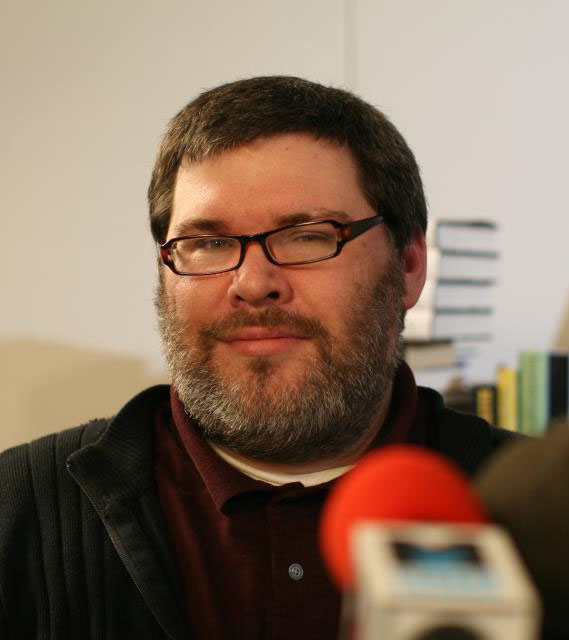
Stephen Usery is the producer of Book Talk, an author interview program that airs Saturdays at 11:30 a.m. Central Time on WYPL-FM 89.3, a service of Memphis Public Libraries. He lives in Memphis.
